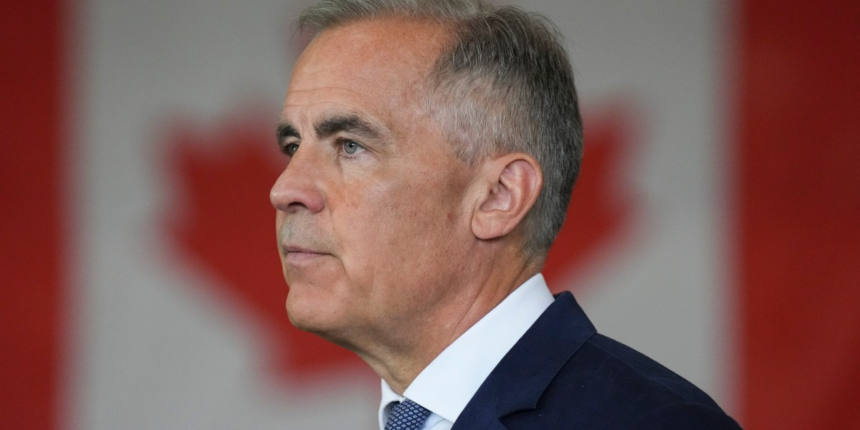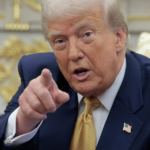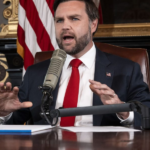The announcement from the White House late Thursday said Canada had failed to “do more to arrest, seize, detain or otherwise intercept … traffickers, criminals at large, and illicit drugs.”
Prime Minister Mark Carney had tempered expectations over tariffs, saying Ottawa would only agree to a deal “if there’s one on the table that is in the best interests of Canadians.”
In a statement released early Friday, he said he was disappointed by Trump’s actions and vowed to diversify Canada’s exports.
“Canada accounts for only 1% of U.S. fentanyl imports and has been working intensively to further reduce these volumes,” he said, pointing to heavy investments in border security.
Carney added that some industries — including lumber, steel, aluminum and automobiles — will be harder hit, but said his government will try to minimize the impact and protect Canadian jobs.
Some imports from Canada are still protected by the 2020 United States-Mexico-Canada Agreement, or USMCA, which is up for renegotiation next year.
The White House’s statement said goods transshipped through Canada that are not covered by the USMCA would be subject to a 40% tariff rate. It did not say where the goods might originate.









